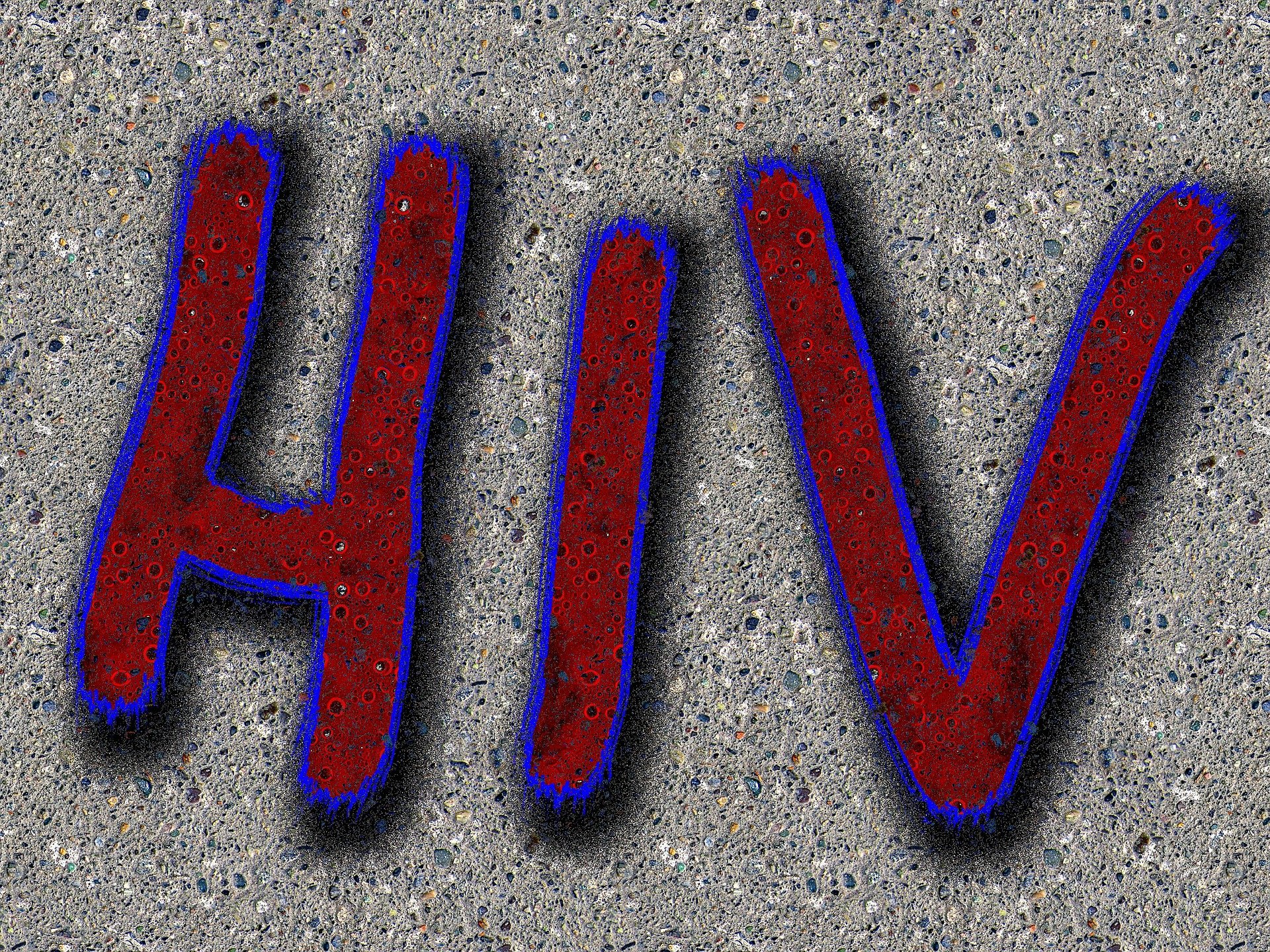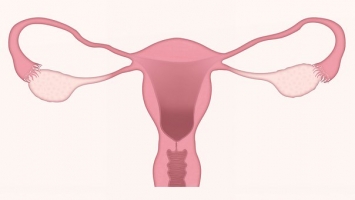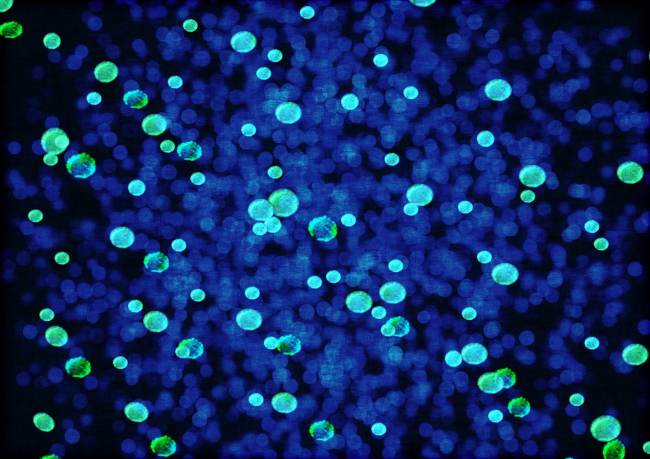A blog I originally wrote for the International Probiotics Association (Harnessing Gut Health in HIV Care: The Role of Microbiome Modulation) explores the critical role of gut health in HIV management. While antiretroviral therapy (ART) has transformed HIV into a manageable condition, some patients still experience chronic inflammation and poor immune recovery. Emerging research links these challenges to gut microbiome imbalances, where an overgrowth of pro-inflammatory bacteria and weakened intestinal barriers contribute to immune activation. Modulating the microbiome through probiotics, prebiotics, and synbiotics shows promise in reducing inflammation, improving CD4+ counts, and mitigating complications such as diarrhea, neurocognitive decline, and vaccine response issues.
HIV transmission and maternal-child health may also be influenced by microbiota composition. A Lactobacillus-dominant vaginal microbiome appears to lower HIV risk, while bacterial vaginosis (BV) increases susceptibility. Similarly, infants exposed to HIV but not infected may benefit from probiotic supplementation to support growth and immunity. Though microbiome interventions for HIV remain an emerging field, research suggests that restoring microbial balance could be a valuable adjunct to existing HIV treatments and prevention strategies.
Image by Gerd Altmann from Pixabay





